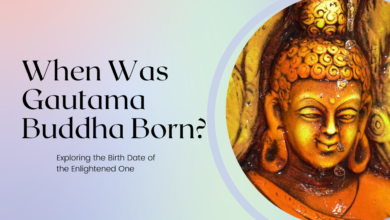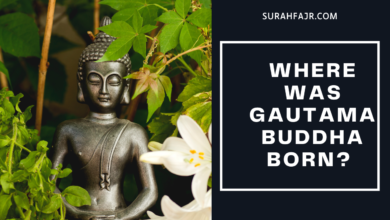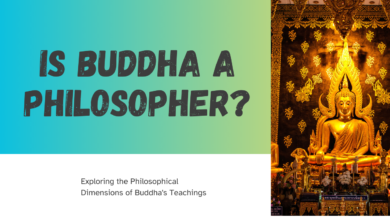Is Buddha Avatar Of Vishnu?
Unraveling the Mystical Connection: Is Buddha an Avatar of Vishnu?
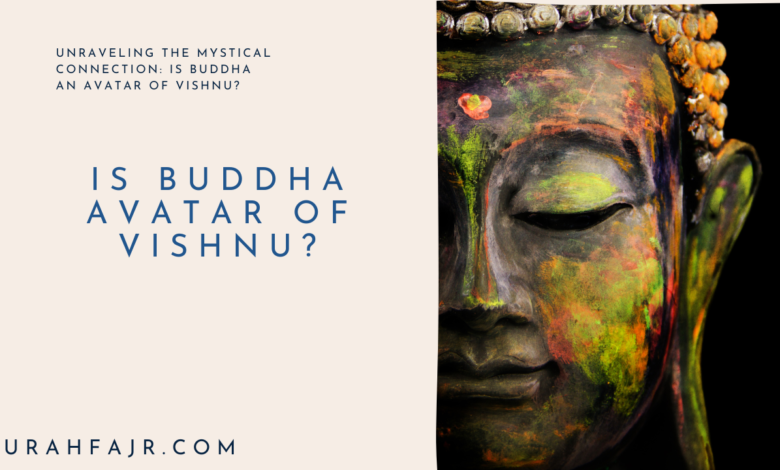
Is Buddha Avatar Of Vishnu?
The concept suggests that Lord Buddha, the founder of Buddhism, was an avatar (incarnation) of Lord Vishnu, a prominent deity in Hinduism. This belief is prevalent among some Hindus.
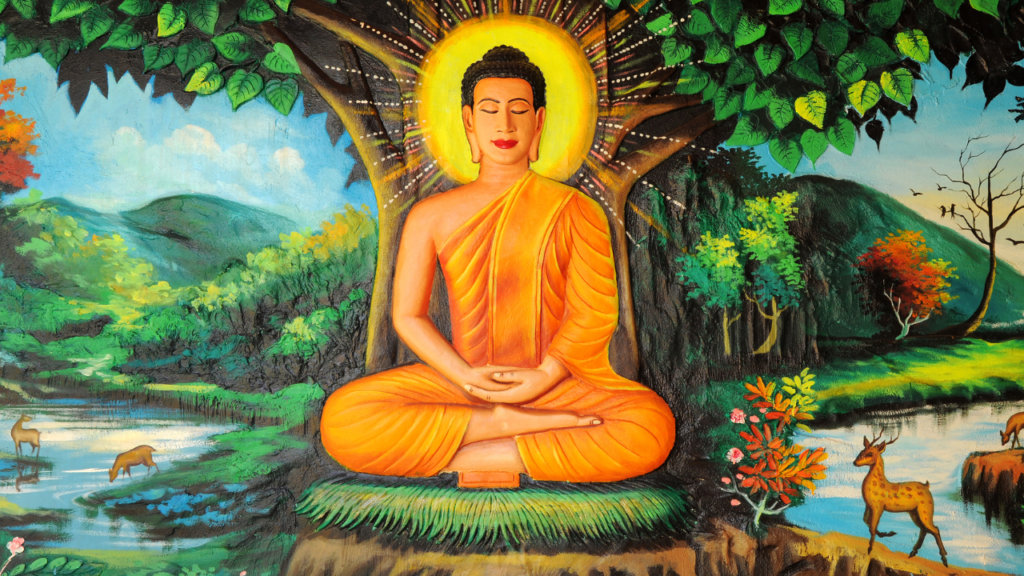
Introduction
The question of whether Buddha is considered an avatar of Vishnu is a topic of intrigue, debate, and cultural significance in the diverse tapestry of Hinduism and Buddhism. The idea that Siddhartha Gautama, commonly known as Buddha, might be an incarnation of Lord Vishnu is a captivating narrative that has its roots in the rich mythological and philosophical traditions of ancient India. In this article, we will delve into this fascinating topic and explore the various perspectives and interpretations surrounding the alleged connection between Buddha and Vishnu.
The Concept of Avatars in Hinduism
Hinduism, one of the world’s oldest religions, is steeped in a complex and multifaceted mythology. Central to this mythology is the concept of avatars, which are divine incarnations or manifestations of the Supreme God, often understood as Vishnu. Vishnu is one of the principal deities in Hinduism, and he is believed to descend to the mortal realm whenever it is threatened by chaos and evil. These divine incarnations take various forms, from human to animal, and are meant to restore dharma (righteousness) and balance in the universe.
Also Check
- How Many Gods Does Buddhism Have?
- Is Buddha A Philosopher?
- Where Is Buddhism Most Practiced?
- Do Buddhists Believe In God?
- Zamzam Water
The Buddha as an Avatar of Vishnu: A Controversial Idea
The notion of Buddha being an avatar of Vishnu is not universally accepted within the Hindu tradition. It’s important to acknowledge that this belief is predominantly held by certain sects and schools of Hinduism. In these interpretations, Buddha is considered the ninth avatar of Vishnu, and he is referred to as “Buddha Kalki” or “Kalki Buddha.” This concept aligns with the broader understanding of avatars as divine beings sent to restore order in the world.
The rationale behind this interpretation is rooted in the concept that both Buddhism and Hinduism originated in ancient India and share many philosophical and ethical principles. Buddha’s teachings emphasize non-violence, compassion, and the quest for spiritual enlightenment, which are values that resonate with the core principles of Hinduism. Additionally, the advent of Buddha is believed to have marked a turning point in the religious and philosophical landscape of India, aligning with the idea of Vishnu’s avatars guiding humanity through different eras.
Critics argue that this interpretation is a later development, perhaps driven by the desire to incorporate Buddhism into the larger framework of Hinduism, thereby ensuring its coexistence and assimilation. As a result, it’s important to note that not all Hindus subscribe to this belief, and the relationship between Buddha and Vishnu remains a subject of theological debate.
Interpretations and Symbolism
The potential connection between Buddha and Vishnu raises interesting questions about the role of symbolism in religious traditions. Symbolically, this interpretation allows for a deeper unity and reconciliation between two of India’s major religions, emphasizing the shared values and common spiritual aspirations of their followers. It can be seen as a gesture of harmony and inclusivity.
In contrast, the diverse religious traditions of India often accommodate a wide array of beliefs and interpretations, which are not always in harmony with one another. Different schools of thought within Hinduism and Buddhism may interpret the relationship between Buddha and Vishnu in distinct ways, highlighting the complexity and richness of Indian spirituality.
Conclusion
The question of whether Buddha is considered an avatar of Vishnu is a matter of theological interpretation, personal belief, and cultural significance. It underscores the intricate interplay of ideas within the religious landscape of India and showcases the adaptability and diversity of its spiritual traditions.
While some Hindu sects and scholars endorse the idea that Buddha is an avatar of Vishnu, it’s important to remember that this perspective is not universally accepted. The belief highlights the capacity of religious traditions to evolve, adapt, and synthesize diverse influences. Ultimately, whether one sees Buddha as an avatar of Vishnu or not, the broader message of tolerance, unity, and shared spiritual values is something that transcends the boundaries of religious labels and categorizations.
FAQs about Is Buddha an Avatar of Vishnu?
What is the concept of Buddha being an Avatar of Vishnu?
The concept suggests that Lord Buddha, the founder of Buddhism, was an avatar (incarnation) of Lord Vishnu, a prominent deity in Hinduism. This belief is prevalent among some Hindus.
Is the idea of Buddha as an Avatar of Vishnu widely accepted?
No, it’s not universally accepted. While some Hindus embrace this concept, it’s a matter of debate, and many Buddhists and Hindus do not subscribe to this belief.
What are the reasons behind considering Buddha as an Avatar of Vishnu?
Some proponents argue that the principles and teachings of Buddha align with those of Lord Vishnu and that this concept fosters harmony between Buddhism and Hinduism.
What is the historical context of this belief?
The idea of Buddha being an Avatar of Vishnu gained prominence during the Bhakti movement in India, which aimed to integrate various sects and philosophies within Hinduism.
How do Buddhists generally perceive this concept?
Most Buddhists do not accept the notion of Buddha being an avatar of Vishnu because it contradicts fundamental Buddhist beliefs, such as the rejection of a personal creator god.
Are there specific texts or scriptures that support the idea of Buddha as an Avatar of Vishnu?
Yes, some texts within the Puranic literature of Hinduism, like the Bhagavata Purana, mention this concept. However, it’s not a universally accepted belief even within Hinduism.
What are the implications of this belief for religious practices?
For those who accept this concept, it may influence their religious practices, as they may integrate elements of both Buddhism and Hinduism.
Do all Hindus believe in the concept of Buddha as an Avatar of Vishnu?
No, it’s not a universally accepted belief within Hinduism. Hinduism is a diverse religion with various sects and beliefs, and not all Hindus embrace this concept.
How does the idea of Buddha as an Avatar of Vishnu impact interfaith relations?
It can foster dialogue and understanding between Hindus and Buddhists who accept this concept, but it might create tension with those who do not.
Is this belief relevant in contemporary times?
The relevance of this belief varies from person to person. Some individuals and communities still uphold this concept, while others may not consider it significant in their religious or spiritual lives.

